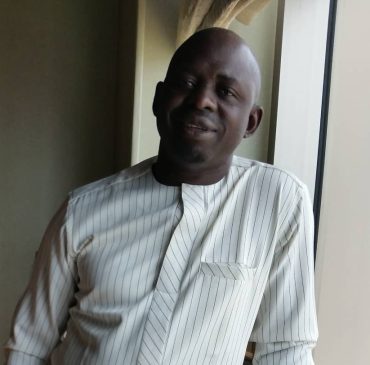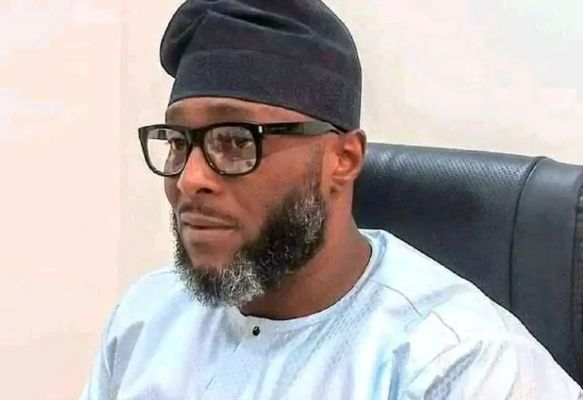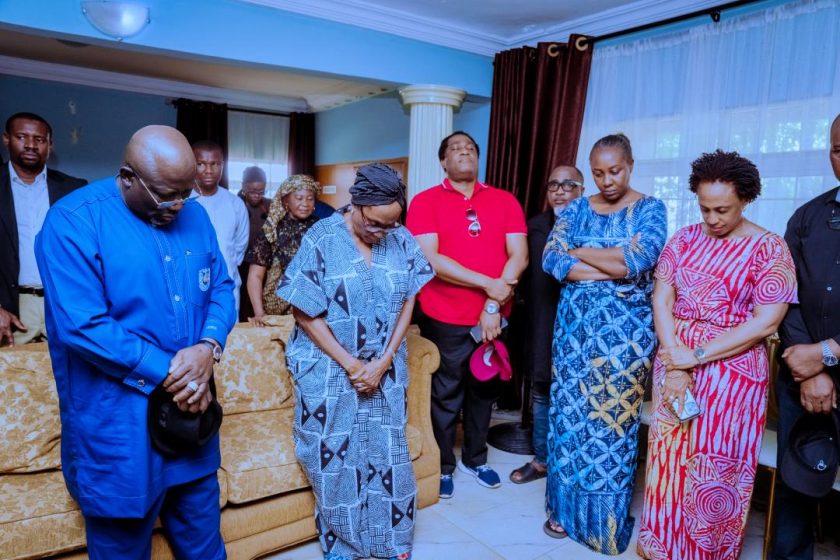By Peter Willie
In the heart of Cross River State lies Ugep, the cultural capital of the Yakurr people, known for its vibrant heritage and large population. However, despite its numerical strength and political relevance, Ugep continues to suffer from what can best be described as an ineffective majority. This political paradox has become a serious concern, as it stalls development, undermines representation, and weakens the collective voice of the people.
Ugep is arguably the most populous town in Yakurr Local Government Area and one of the most strategic and significant in the Central Senatorial District of Cross River State. Yet, poor in terms of infrastructural development, political appointments, lacks access to public services, sidelined and underrepresented. Road infrastructure remains in deplorable conditions. The General Hospital services is a shadow of itself, while basic utilities like water and electricity remain erratic or non-existent in many communities.
This contradiction raises an urgent question: how can a majority group with huge electoral strength and value remain politically ineffective? Let’s look at some factors that may be responsible for this broken influence.
Fragmented Leadership and Self-Interest
One of the biggest challenges has been the lack of unified leadership. Ugep political elite often fail to present a common front. It is on record that each faction is known for pursuing personal ambition over community interest. This internal division weakens their bargaining power at the state and federal levels, making it easy for external actors to manipulate or bypass them.
Electoral Exploitation Without Returns
Ugep has consistently delivered high voter turnout during elections, especially for dominant political parties. It is sad to note that after elections, the community sees little benefit in terms of appointments, projects, or meaningful inclusion in governance. Politicians remember Ugep when they need votes but forget it when sharing the dividends of democracy.
Lack of Strategic Political Alliances
Power in politics is not just about numbers, but about strategic negotiation and alliance-building. Ugep’s representatives have often failed to form productive alliances within Yakurr and the wider Central Senatorial District, thus isolating the town from the larger developmental agenda.
Youth Disempowerment and Apathy
The youth, who form a large segment of Ugep’s voting population, are largely unemployed and disillusioned. Rather than being mobilized as an engine of political advocacy, many are used as political foot soldiers and abandoned afterward. This disempowerment limits long-term community-driven development.
And this is what we get from the Ineffective majority.
The results of this ineffective majority are visible: stalled infrastructure projects, poor healthcare and educational facilities, and a growing sense of marginalization. The once-proud town is increasingly left behind as neighbouring communities with lesser populations but stronger political unity continues to benefit from government attention and opportunities.
Moreover, Ugep’s ineffective majority sends a dangerous message that having the numbers without unity, vision, or strategy amounts to nothing in politics. This demoralizes voters and fuels political apathy.
How do we overcome this or what is the Way Forward?
If Ugep is to reverse its fate, it must undergo a political reawakening:
Unified Leadership: Political and traditional leaders must put aside personal differences and prioritize the collective interest of the people.
Issue-Based Politics: The community should insist on issue-based campaigns and hold candidates accountable to their promises.
Youth Mobilization: Investing in the political education and economic empowerment of the youth will strengthen advocacy and participation at all level.
Strategic Alliances: Ugep must form alliances beyond ethnic or local lines, thereby leveraging on its electoral value to negotiate for tangible development.
The ineffective majority in Ugep is a wake-up call to communities across Nigeria: numbers alone do not translate into power. Strategy, unity, and purposeful leadership are the key indicator to political relevance and community development. Ugep can rise again, only if its people realize that silence and division in the face of marginalization is no longer an option.
*Peter Willie is a politician, analyst and economist based in Abuja.




